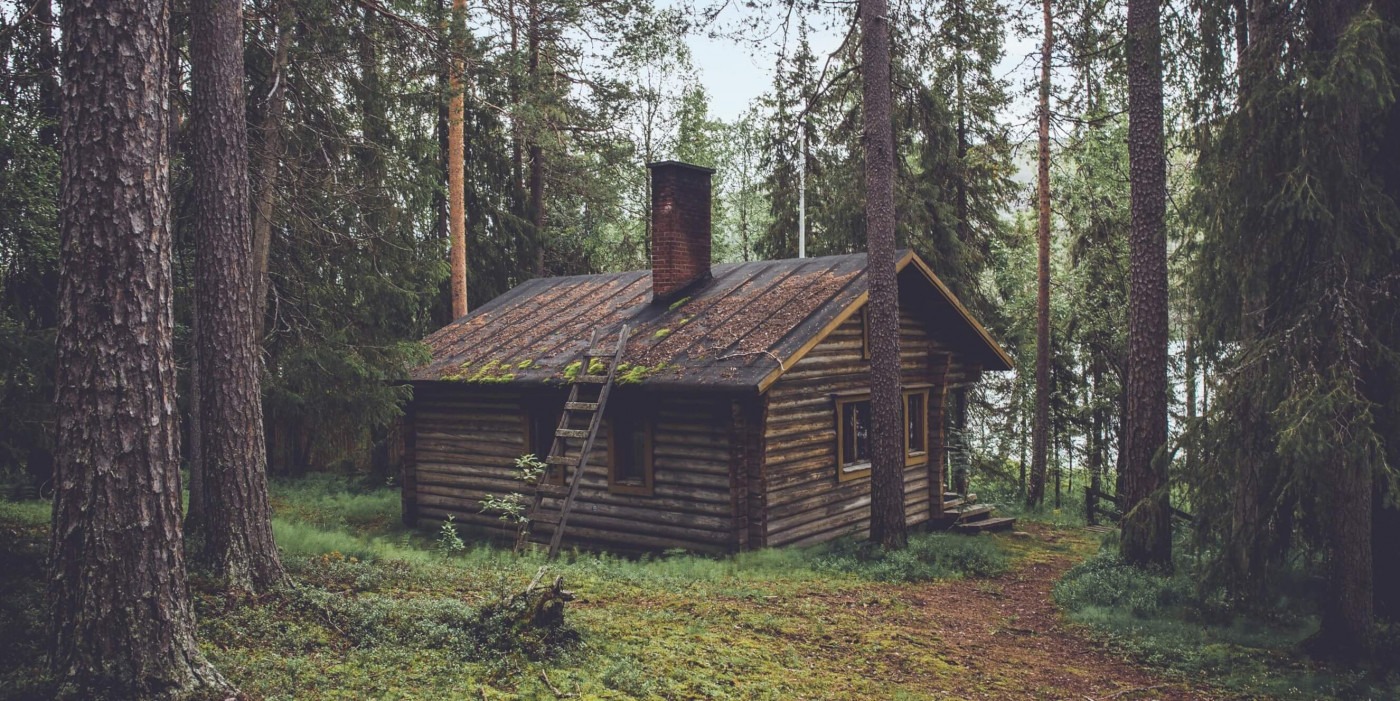Justin Vernon’s Tragic Masterpiece: For Emma, Forever Ago Retrospective
Does all great art come from suffering? While this is a widely held belief in the world of art, I would like to present an alternative perspective: the greatest art comes from the depiction of emotion. Human emotions like sadness, loneliness, and depression are universal emotions, and when depicted well, can lead to an incredibly emotive and powerful experience, especially concerning music. And there are few musicians active today who can convey these emotions as well as Justin Vernon, lead singer of indie collective Bon Iver.
While Vernon was unproductive in the first weeks, one evening, he had to scare a bear off his front porch
Few albums in modern indie music have been more mythologized than Bon Iver’s debut record, For Emma, Forever Ago. The album was written, produced, and recorded over three months in a remote hunting cabin in the woods of Wisconsin. Vernon had moved there to escape his reality after a particularly difficult year, which involved him contracting mono followed by a liver infection, being kicked out of his band, and a sudden break-up with his girlfriend. Vernon bundled a few instruments into the back of his car, including a vintage Sears guitar, a synthesiser, and some editing equipment, and shut himself away in the Wisconsin woods to escape modern life, hunting his own food, and spending most of his days drinking beer and watching TV. While Vernon was unproductive in the first weeks, one evening, he had to scare a bear off his front porch. After the ordeal, Vernon returned inside, and finally began working. He began singing, layering his voice over and over into a choral arrangement, which would go on to form the intro for ‘Lump Sum’, the second track on the album. Bon Iver has gone on to great success in the indie world as an expanded collective of talented musicians, but at its genesis, it was one man, who when his world began to collapse around him, took his sadness and transformed it into poignant, melancholic music, taking the music world by storm.
The tragedy of Vernon’s life seeps through every strum of his guitar and every crack of his voice
Over the cold Wisconsin winter, Vernon created nine tracks that formed a project depicting pain, depression, and most of all, loneliness. This is supported by the composition of the album, with most of the tracks being led by Vernon’s guitar and his voice, with limited percussion, limited electronic elements, and Vernon’s falsetto, ghostly and cavernous, observing the cracked remnants of his life with anger, sadness and indifference. The tragedy of Vernon’s life seeps through every strum of his guitar and every crack of his voice. The sense of distance and isolation from the world is palpable. The album jumps from restrained acoustic ballads like ‘Flume’ and ‘Blindsided’, to more chaotic eruptions of emotion on ‘The Wolves (Act I and II)’ and ‘Creature Fear’. ‘The Wolves’ especially crescendos in a cacophony of chaotic noise with Vernon thrashing around, seemingly smashing his instruments in an emotional tantrum. It is the album at its most musically dense, but it’s not the only time the emotion shines, as Vernon’s strengths can be seen in both subtle and spacious tracks, and intense and brash outpourings.
The album closes with the beautiful ‘re:stacks’, another soft ballad, but not weighed down with the sadness of the rest of the record. The guitar is far lighter and more mellow. The lyrics are as scattered as the rest of the album, but it depicts Vernon coming to terms with his break-up, allowing himself to move on. At the end of the song, he stops singing, sets down his guitar, and walks away from the microphone, a symbolic end to his time in the cabin.
When Vernon emerged from the cabin, he played the tracks he created to a few friends, seeing them only as demos to rerecord at a later date with broader instrumentation. When he saw the reaction to the songs, he decided to release the songs as they were, with only some minor tweaks, notably the addition of echoing trumpets in the title track ‘For Emma’, which only seems to add to the track’s isolated feel – the trumpets acting as a distant call of the outside world. The lack of support and collaboration on this record is Vernon’s greatest asset, and it contributes wonderfully to the atmosphere Vernon creates.
The album was eventually given a full label release in 2008 and achieved huge acclaim. Since then, Vernon’s work has become more abstract, more collaborative, and more technically impressive (look up the making of his 3rd album 22, a Million if you wish to see Vernon at his compositional prime). Despite Vernon’s incredible work later in his career, I always seem to return to this simple, heart-breaking story of a man, broken and despairing, contorting his pain into a beautiful expression of what it felt like to be alone in his cabin in the woods. It offers minimal respite, minimal conclusion and minimal levity, only a genuine articulation of a broken man’s darkest feelings.

Comments